E-Werk's digital conversation series rethinks art world hierarchies
Electrical substation turned contemporary arts centre, E-Werk invites has invited Paul Maheke and writer Benoît Loiseau to discuss ‘Coexistence in the Age of Collapsing Ecosystems’ as part of its inaugural digital conversations programme
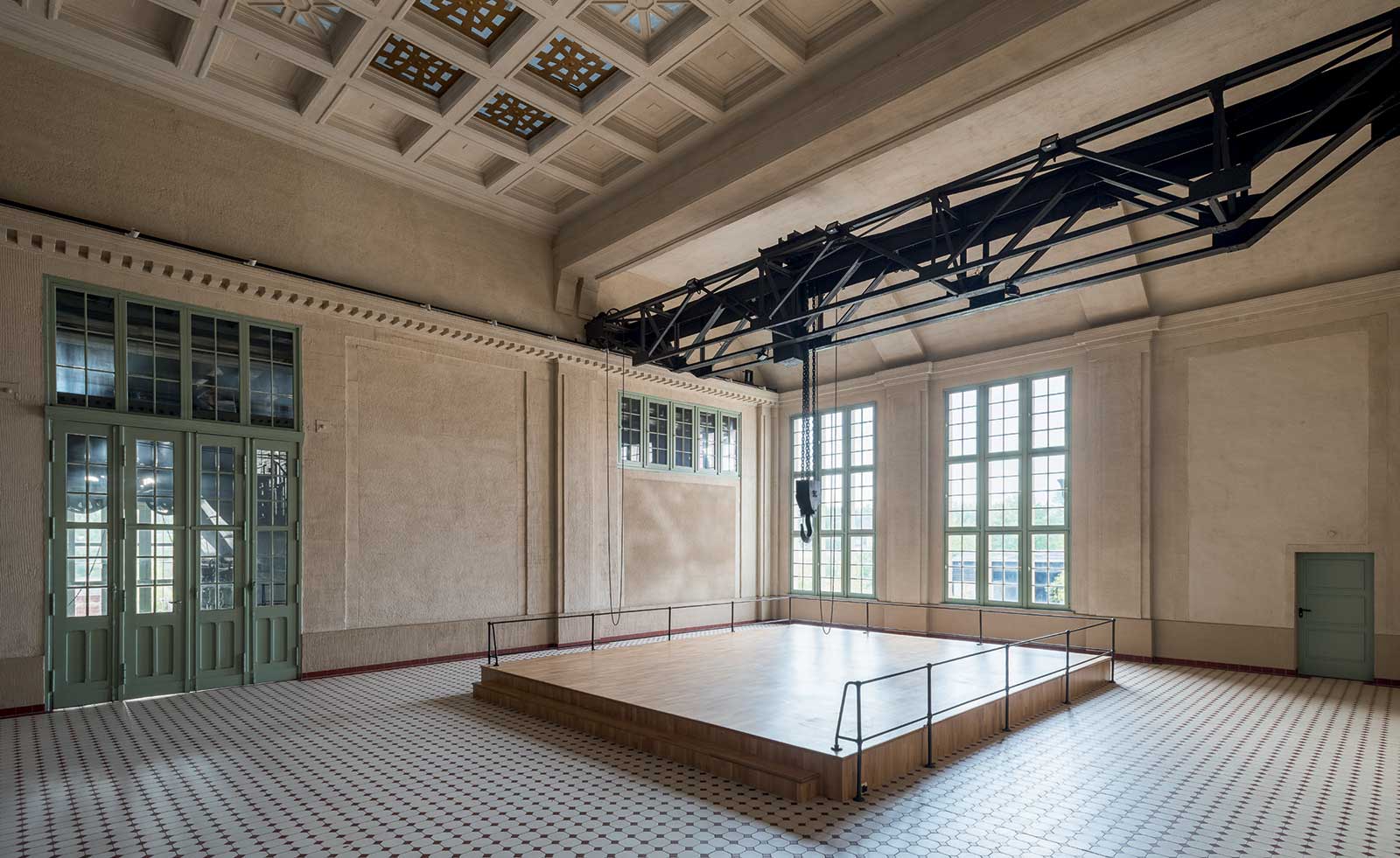
E-Werk contemporary art centre launched a fortnightly conversation series in July, exploring the ways in which artists' ideas can contribute to a more equal arts industry, against the backdrop of a pandemic and global racial injustices.
The programme includes contributions from artists including Harold Offeh and Peles Empire and confronts the urgent need to restructure the ‘top-down art world system’, placing artists front and centre of debates pertinent to 2020.
For its latest episode, E-Werk gives the floor to French, London-based artist Paul Maheke and London-based writer and Wallpaper* contributor, Benoît Loiseau to unpick ‘Coexistence in the Age of Collapsing Ecosystems’.
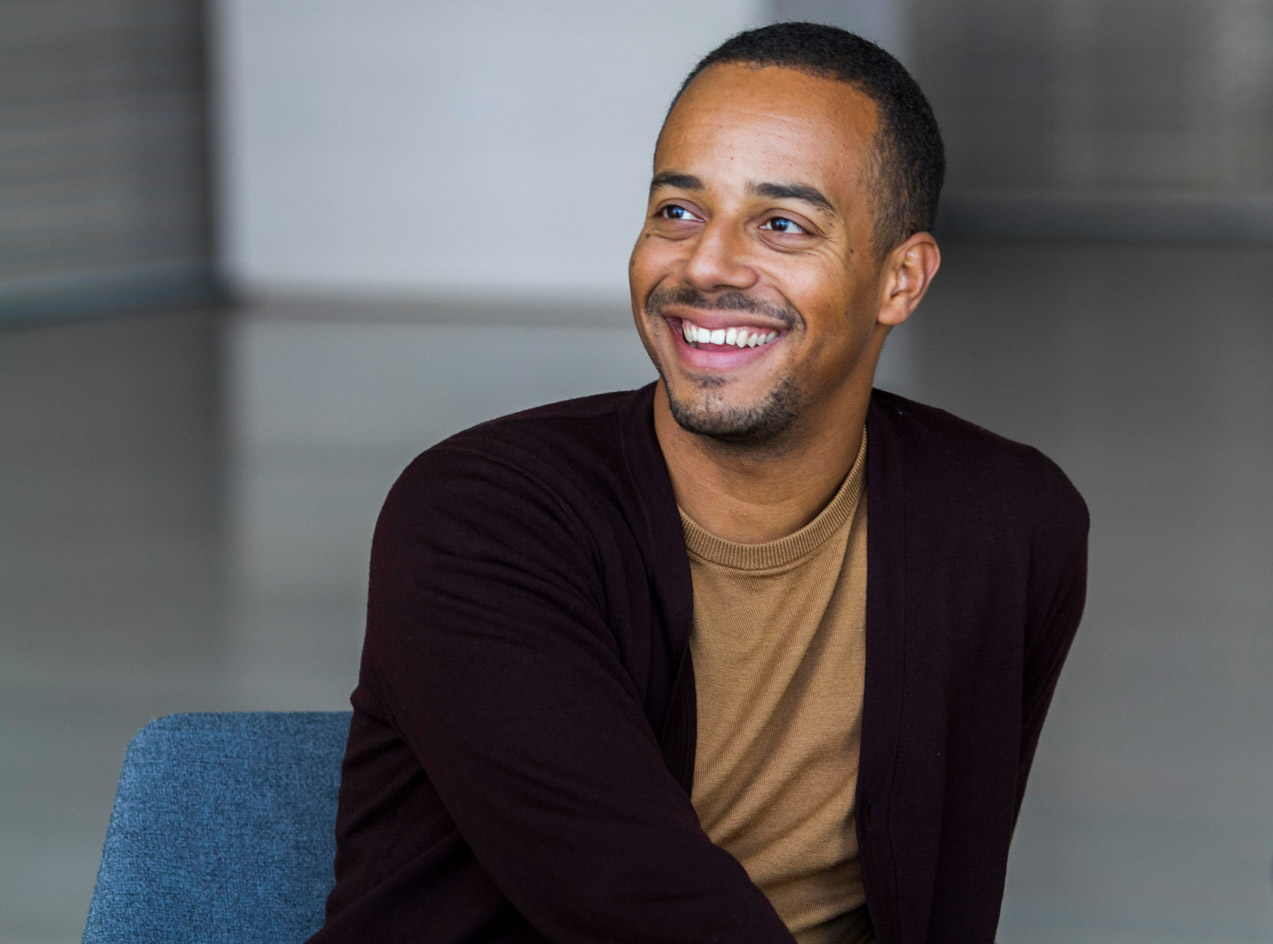
Artist Paul Maheke in his studio.
Paul Maheke’s work explores the ‘body as an archive’, examining identity and memory through dance, collective performance, film, installation, sound and video. The conversation centres on an open letter Maheke wrote after his planned performances and exhibitions were put on hold due to Covid-19. Titled, ‘The Year I Stopped Making Art’, and published on activist art platform Documentations, the letter travels through time, addressing disparity, inequality and institutional hierarchy in the art world.
‘It was something I wrote in a bit of a rush,’ Maheke explains to Loiseau. ‘All my performances and exhibitions were cancelled. This moment made me realise how much of a precarious position my practice occupied and how some of my friends, artists, or people who were artists and had to stop were rendered invisible, completely erased from this.’
The letter is written in the first person, but Maheke is quick to note that this is not his own voice, but that of collective voices. He also observes the shortcomings of using first-person plural ‘we’, acknowledging that not everyone will share the same experience. ‘We are talking about “we” like the community or the audience as this kind of homogeneous group of people,’ says Maheke. ‘It invisibilises the existence of any potential power dynamic in terms of class, gender, race, sexuality. I find it troubling because it’s often a way for people to hide behind something that prevents us from addressing the real issue, the deeper stuff, the thing that lurks in the shadow image.’
RELATED STORY
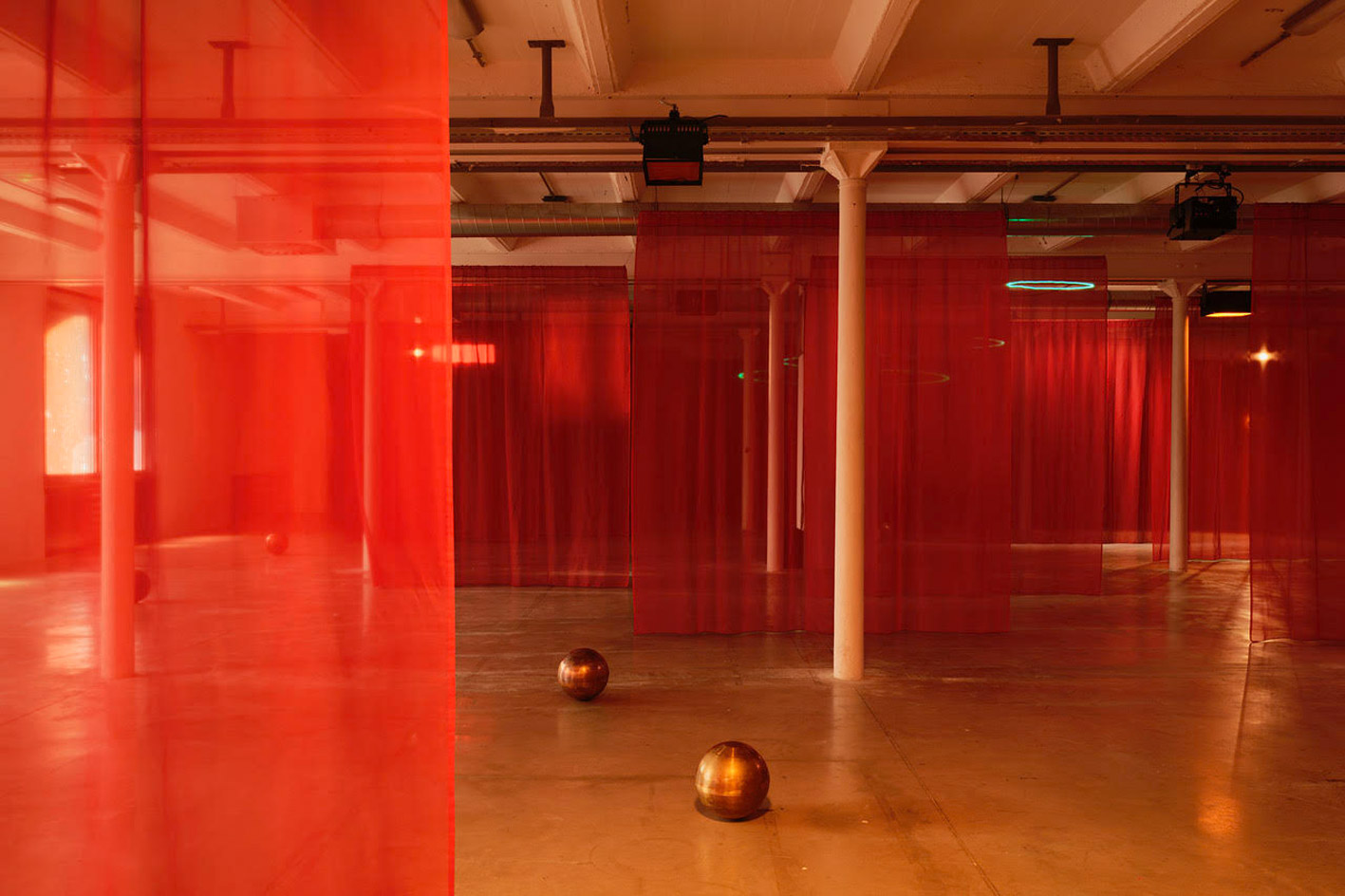
Paul Maheke, Ooloi, 2019, Triangle France-Astérides
An extract from the letter reads:
‘So when in the last months of 2020, I was home, still bed-bound and the museum didn’t pay me, I knew this was the year I would have to stop art. How was I to pay for my living expenses otherwise? This was going to last for a while, they said. “I am sorry to hear you’re experiencing difficulties. It’s a tough time for us all”, you said. I wondered who you meant when you were saying “us” because I didn’t feel like a part of your we.’
The conversation then turned to the complex and divisive subject of public monuments with problematic histories, specifically the toppling of 17th-century merchant and slave trader Edward Colston’s statue, thrown into Bristol Harbour by protesters in June. ‘In terms of the monuments, they definitely speak very directly to the idea of erasure because they live on,' says Maheke. ‘Especially in situations of oppression, we tend to forget that if something is invisible, it doesn’t mean it doesn't exist, and that’s something that, for me, is almost the perfect definition of privilege, which is this blind spot.’
On 10 September, the open letter will form the focal point for the show, ‘YESN'T’ at Galerie Sultana in Paris, co-curated by Maheke. The group exhibition aims to redistribute funds to artists in France whose work was impacted by Covid-19 and are ineligible for government aid.
E-Werk Luckenwalde will reopen to the public on 12 September (coinciding with Berlin Art Week) with a ‘Utopian’, climate change focussed sculptural programme.

Episode 4 of E-Werk's The Artist As Consultant series, which sees Paul Maheke and Benoît Loiseau discuss ‘Coexistence in the Age of Collapsing Ecosystems’
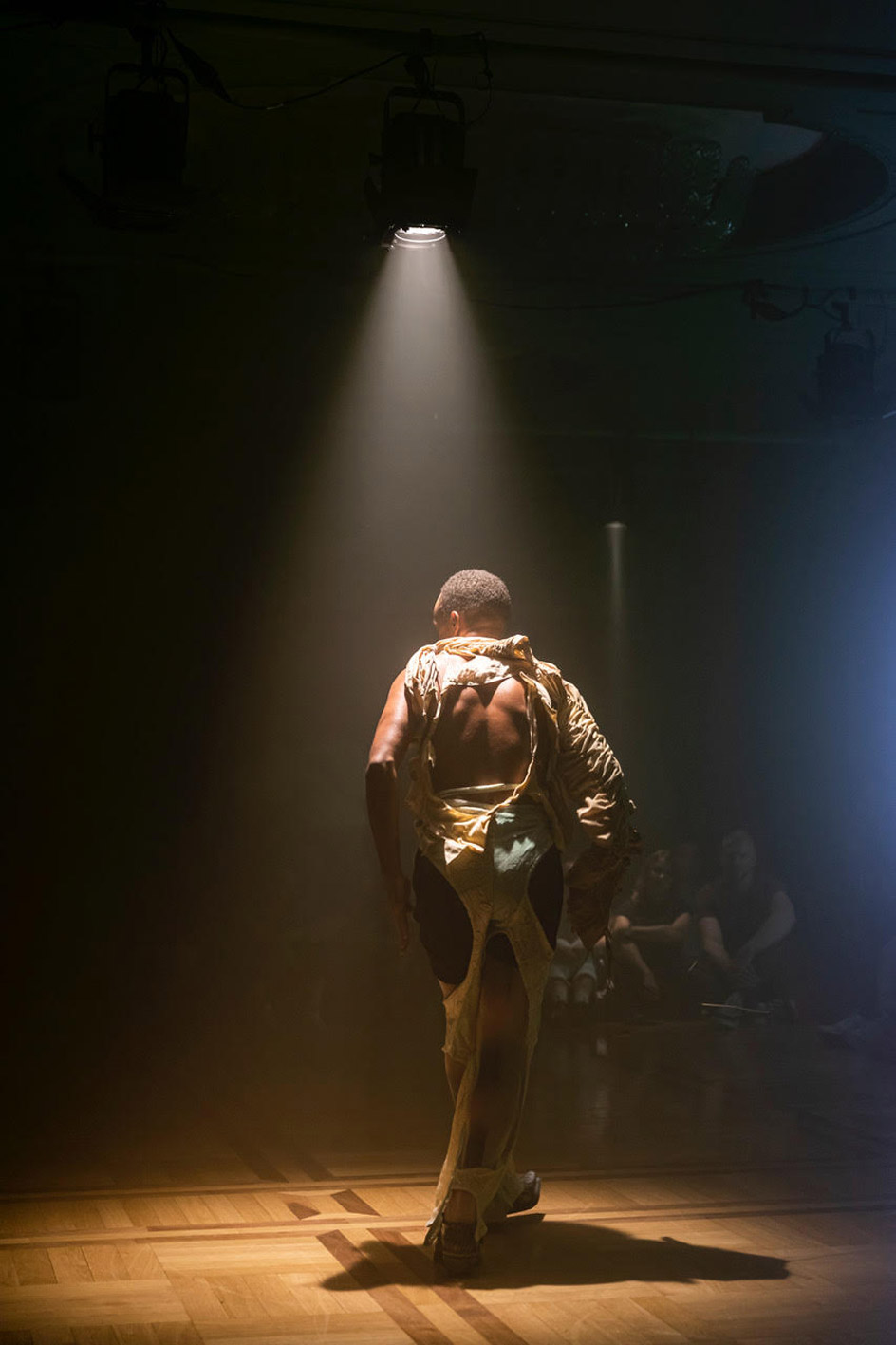
Paul Maheke, Sènsa, performed at Völksbuhne as part of Assemble Performance Programme, Berlin.
INFORMATION
’Coexistence in the Age of Collapsing Ecosystems’, can now be viewed on E-WERK’s website. The next episode, published on 10 September, will see Peles Empire and Anna Gritz discuss ’Motherhood and the Arts’. kunststrom.com
Receive our daily digest of inspiration, escapism and design stories from around the world direct to your inbox.
Harriet Lloyd-Smith was the Arts Editor of Wallpaper*, responsible for the art pages across digital and print, including profiles, exhibition reviews, and contemporary art collaborations. She started at Wallpaper* in 2017 and has written for leading contemporary art publications, auction houses and arts charities, and lectured on review writing and art journalism. When she’s not writing about art, she’s making her own.
-
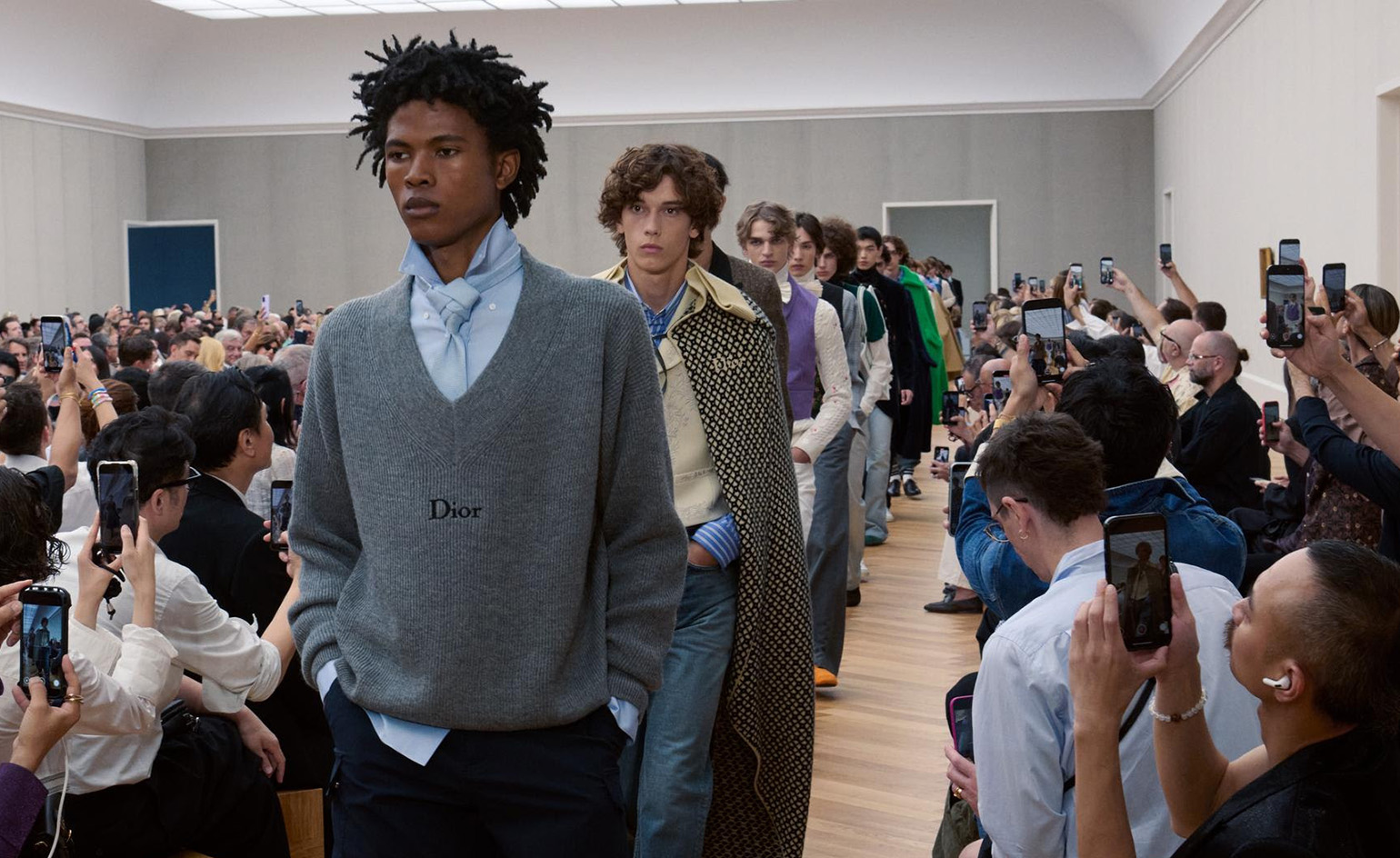 Men’s Fashion Week A/W 2026 is almost here. Here’s what to expect
Men’s Fashion Week A/W 2026 is almost here. Here’s what to expectFrom this season’s roster of Pitti Uomo guest designers to Jonathan Anderson’s sophomore men’s collection at Dior – as well as Véronique Nichanian’s Hermès swansong – everything to look out for at Men’s Fashion Week A/W 2026
-
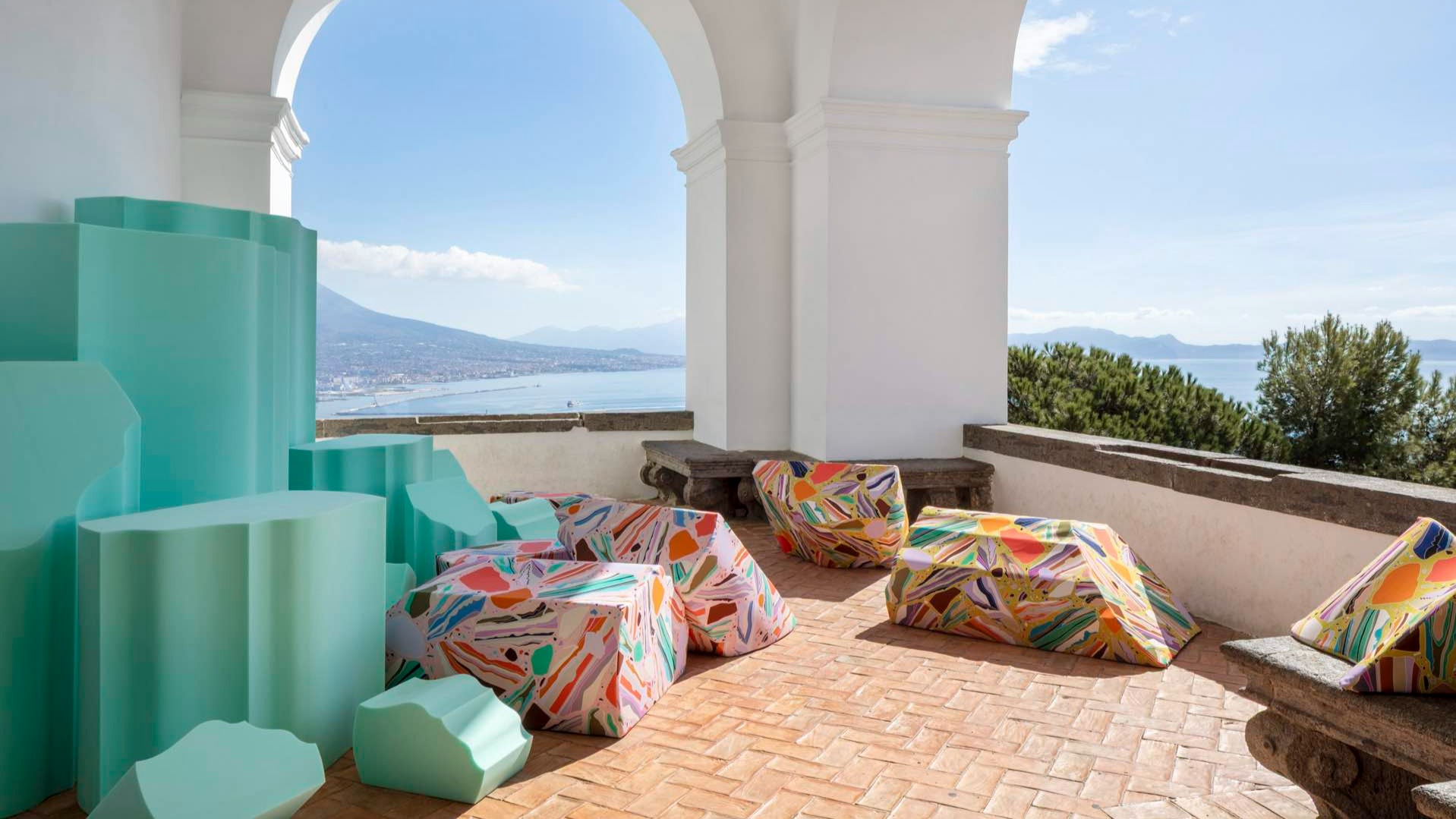 The international design fairs shaping 2026
The international design fairs shaping 2026Passports at the ready as Wallpaper* maps out the year’s best design fairs, from established fixtures to new arrivals.
-
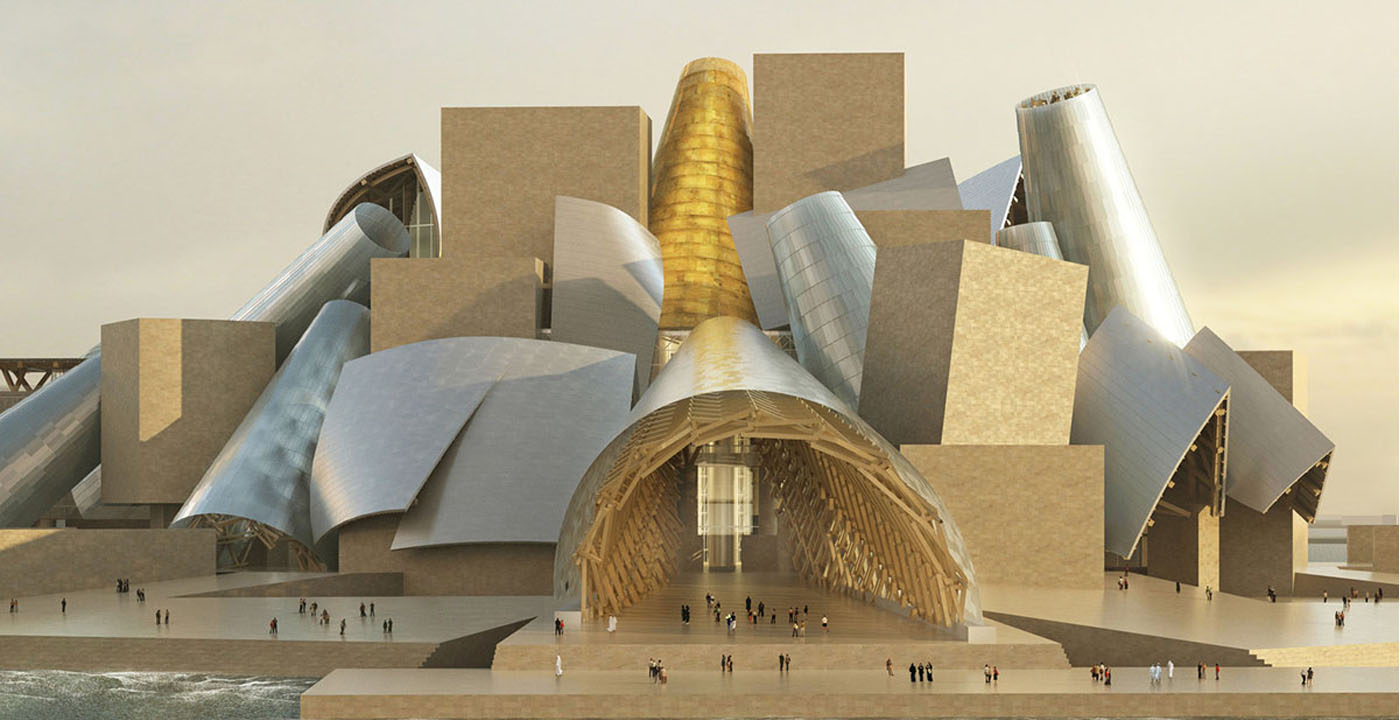 The eight hotly awaited art-venue openings we are most looking forward to in 2026
The eight hotly awaited art-venue openings we are most looking forward to in 2026With major new institutions gearing up to open their doors, it is set to be a big year in the art world. Here is what to look out for
-
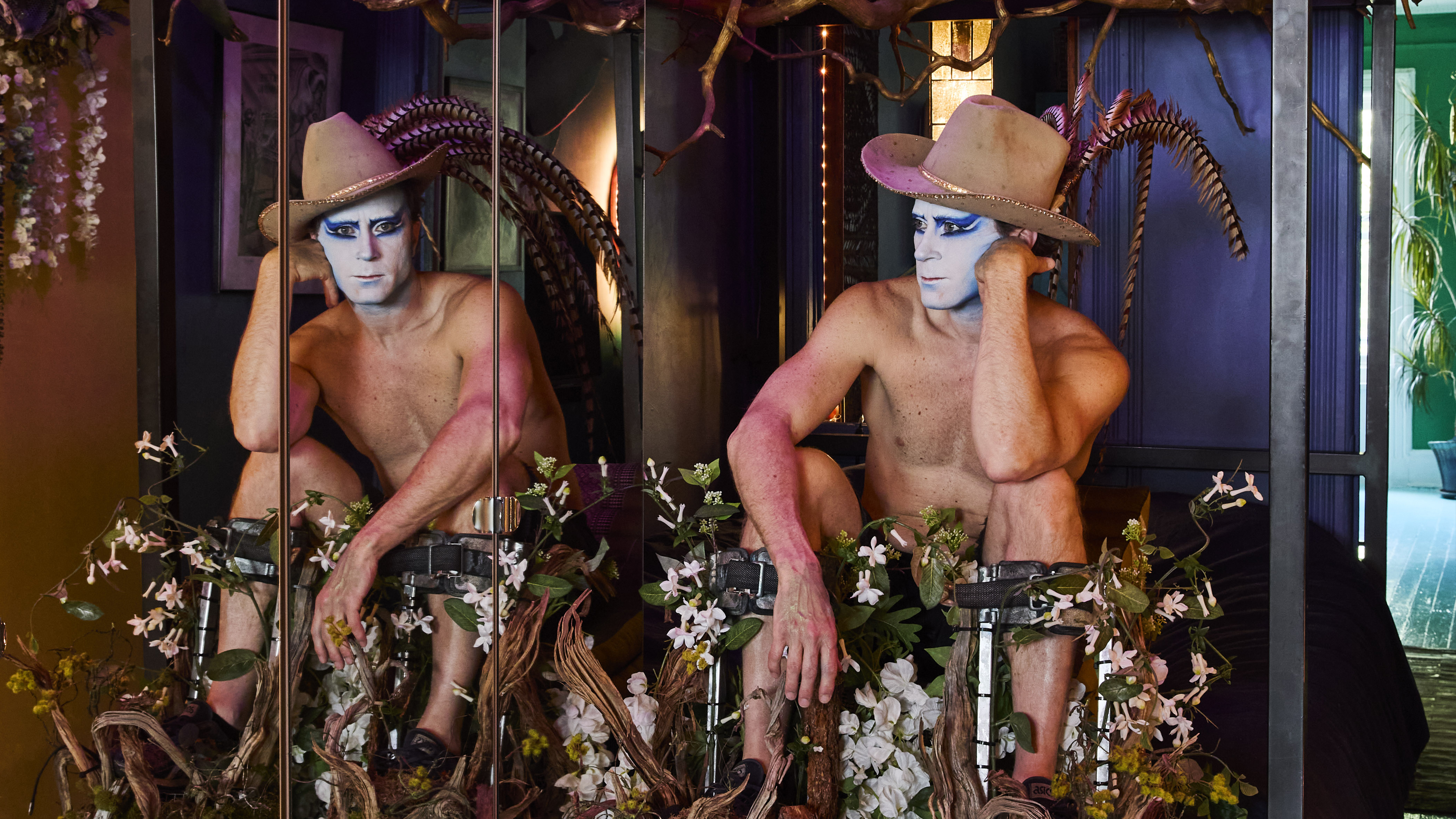 Inside the fantastical world of performance artist, Darrell Thorne
Inside the fantastical world of performance artist, Darrell ThornePerformance artist Darrell Thorne straddles multiple worlds, telling stories through transformation, reinvention and theatrical excess
-
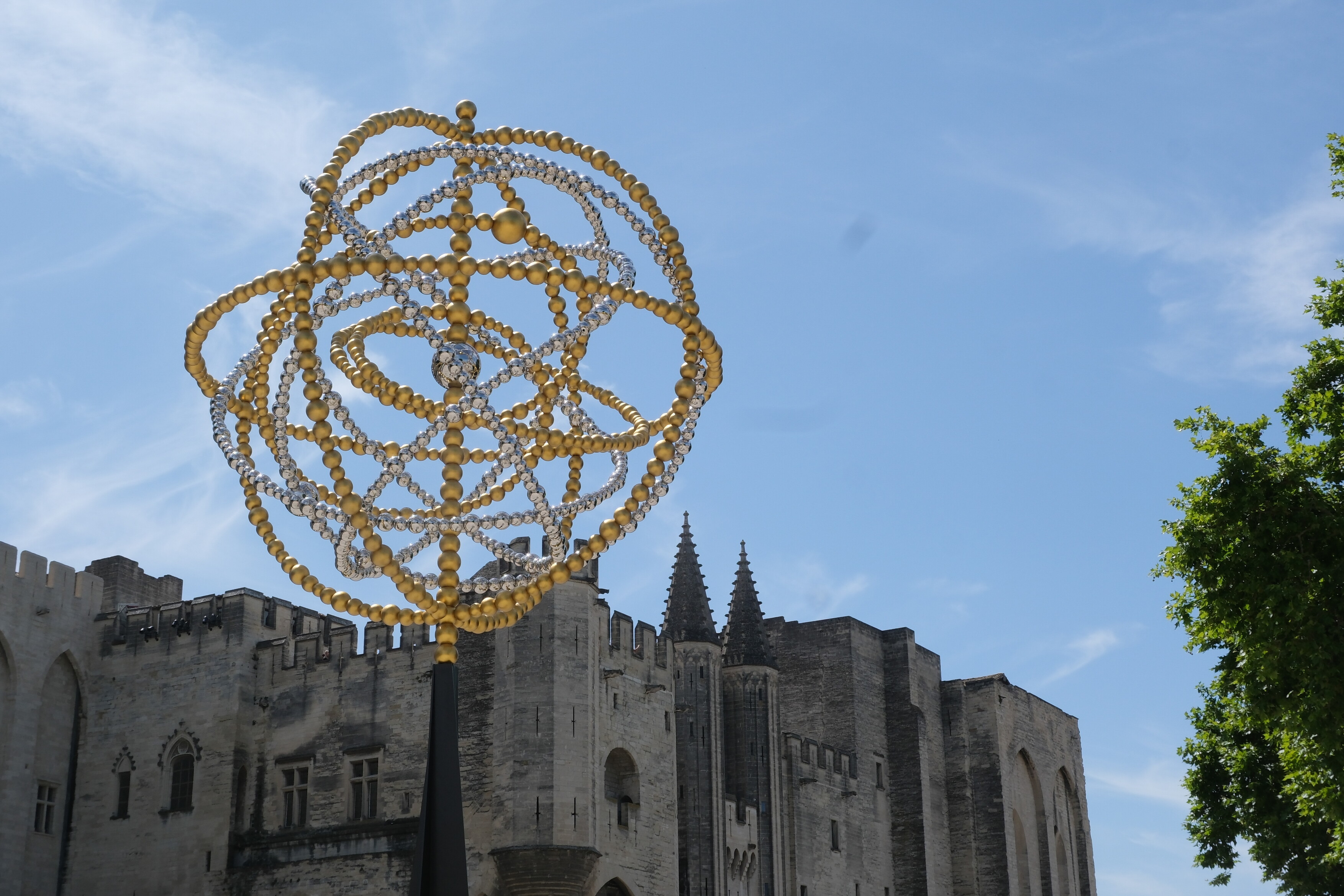 Jean-Michel Othoniel takes over Avignon for his biggest ever exhibition
Jean-Michel Othoniel takes over Avignon for his biggest ever exhibitionOriginally approached by Avignon to mark their 25th anniversary as the European Capital of Culture, Jean-Michel Othoniel more than rose to the challenge, installing 270 artworks around the city
-
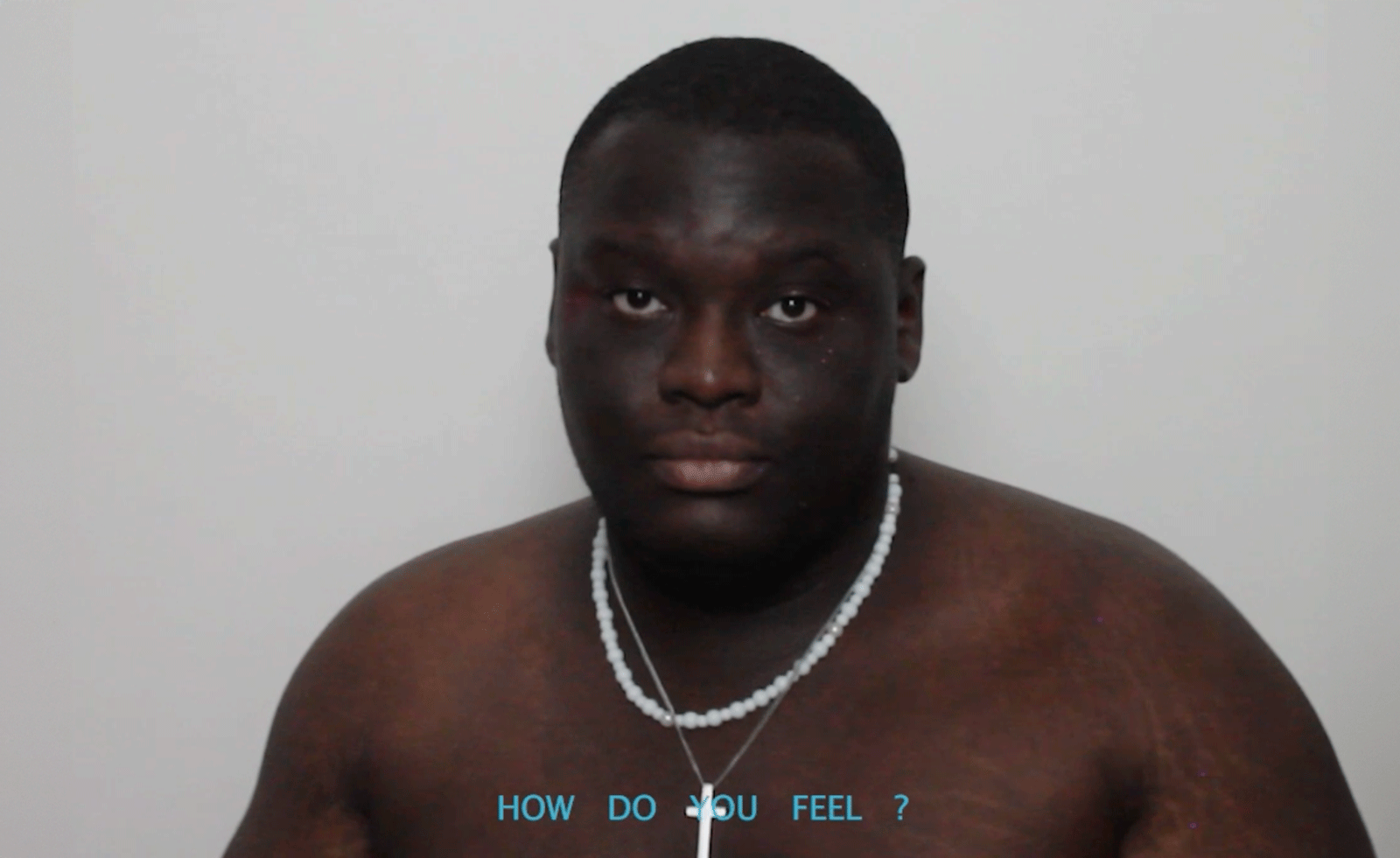 Joel Quayson’s winning work for Dior Beauty at Arles considers the theme ‘Face-to-Face’ – watch it here
Joel Quayson’s winning work for Dior Beauty at Arles considers the theme ‘Face-to-Face’ – watch it hereQuayson, who has won the 2025 Dior Photography and Visual Arts Award for Young Talents at Arles, imbues his winning work with a raw intimacy
-
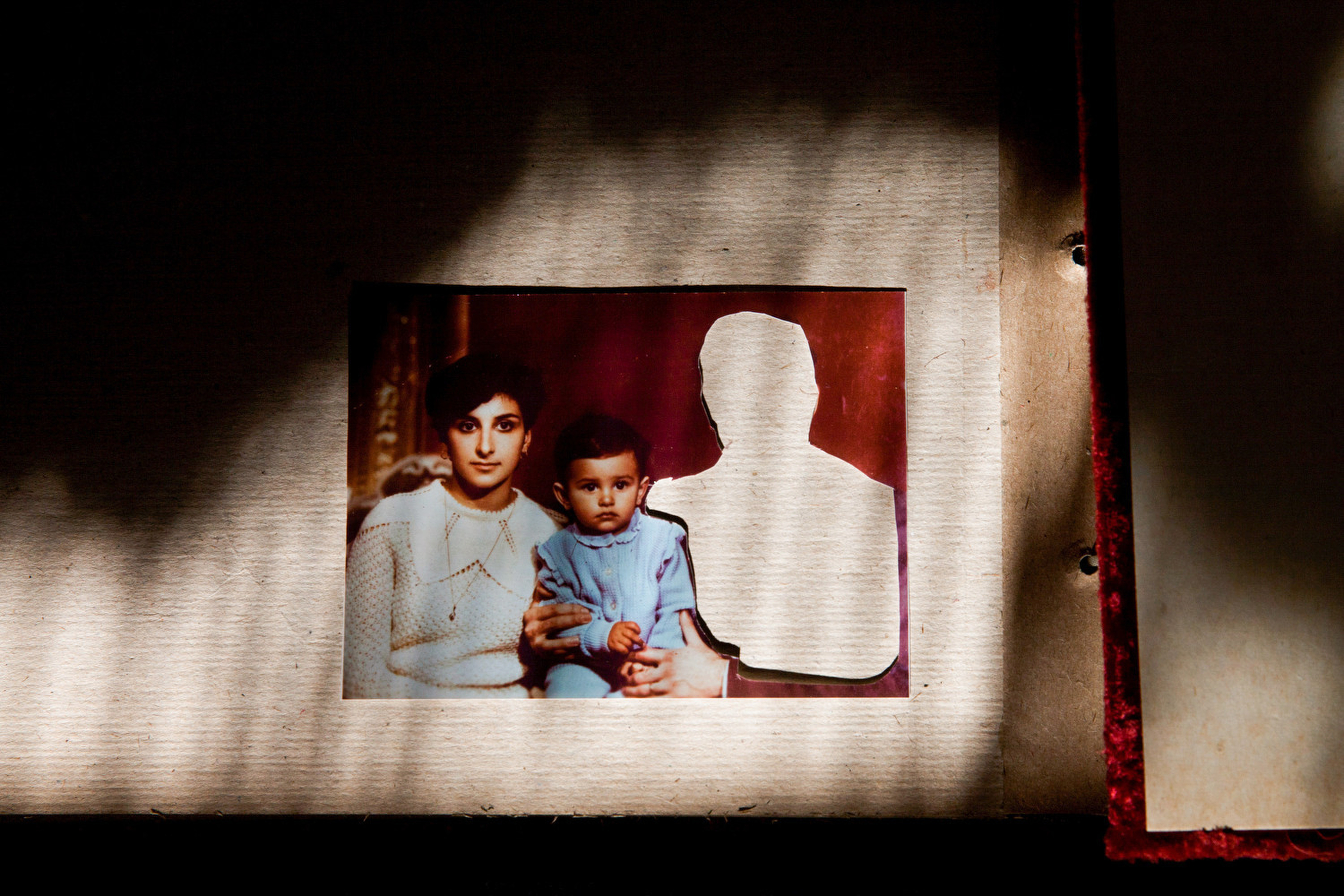 What to see at Rencontres d’Arles 2025, questioning power structures in the state and family
What to see at Rencontres d’Arles 2025, questioning power structures in the state and familySuppressed memories resurface in sharply considered photography at Rencontres d'Arles 2025. Here are some standout photographers to see
-
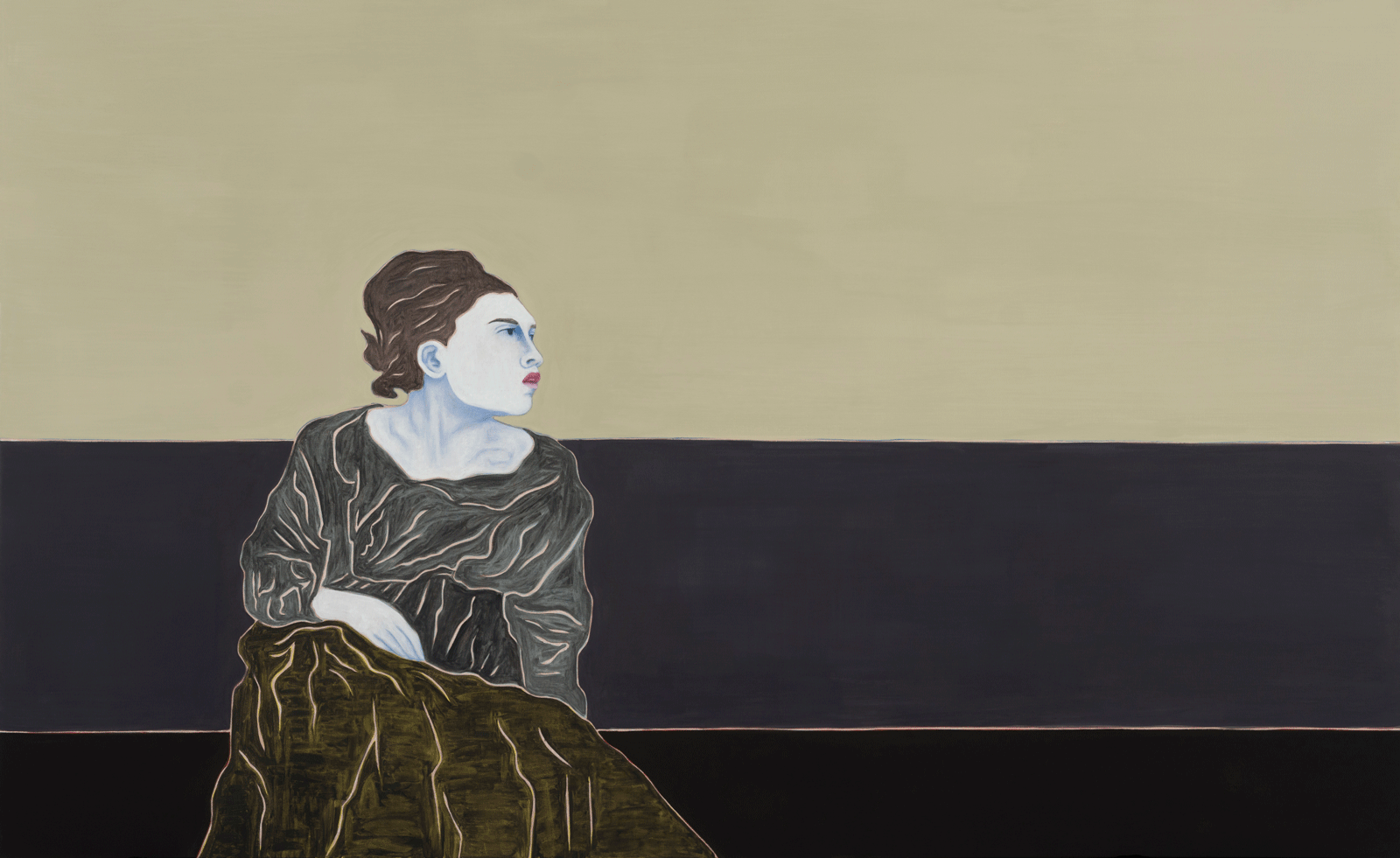 ‘With a small gesture of buying a postcard, we all become copyists’: the Louvre’s celebration of copying speaks to human nature
‘With a small gesture of buying a postcard, we all become copyists’: the Louvre’s celebration of copying speaks to human natureContemporary artists are invited to copy works from the Louvre in a celebration of the copyist’s art, a collaboration with Centre Pompidou-Metz
-
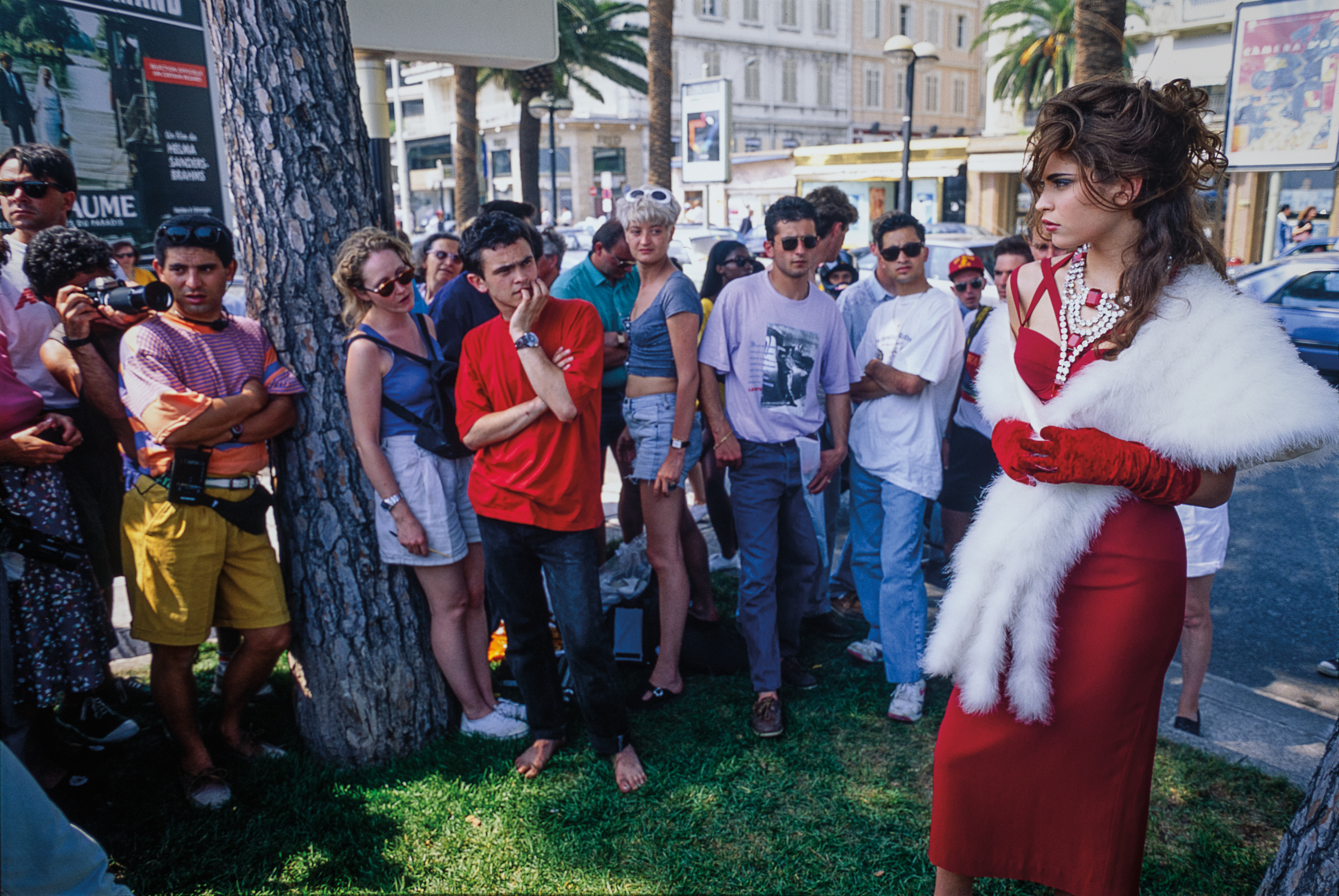 The glory years of the Cannes Film Festival are captured in a new photo book
The glory years of the Cannes Film Festival are captured in a new photo book‘Cannes’ by Derek Ridgers looks back on the photographer's time at the Cannes Film Festival between 1984 and 1996
-
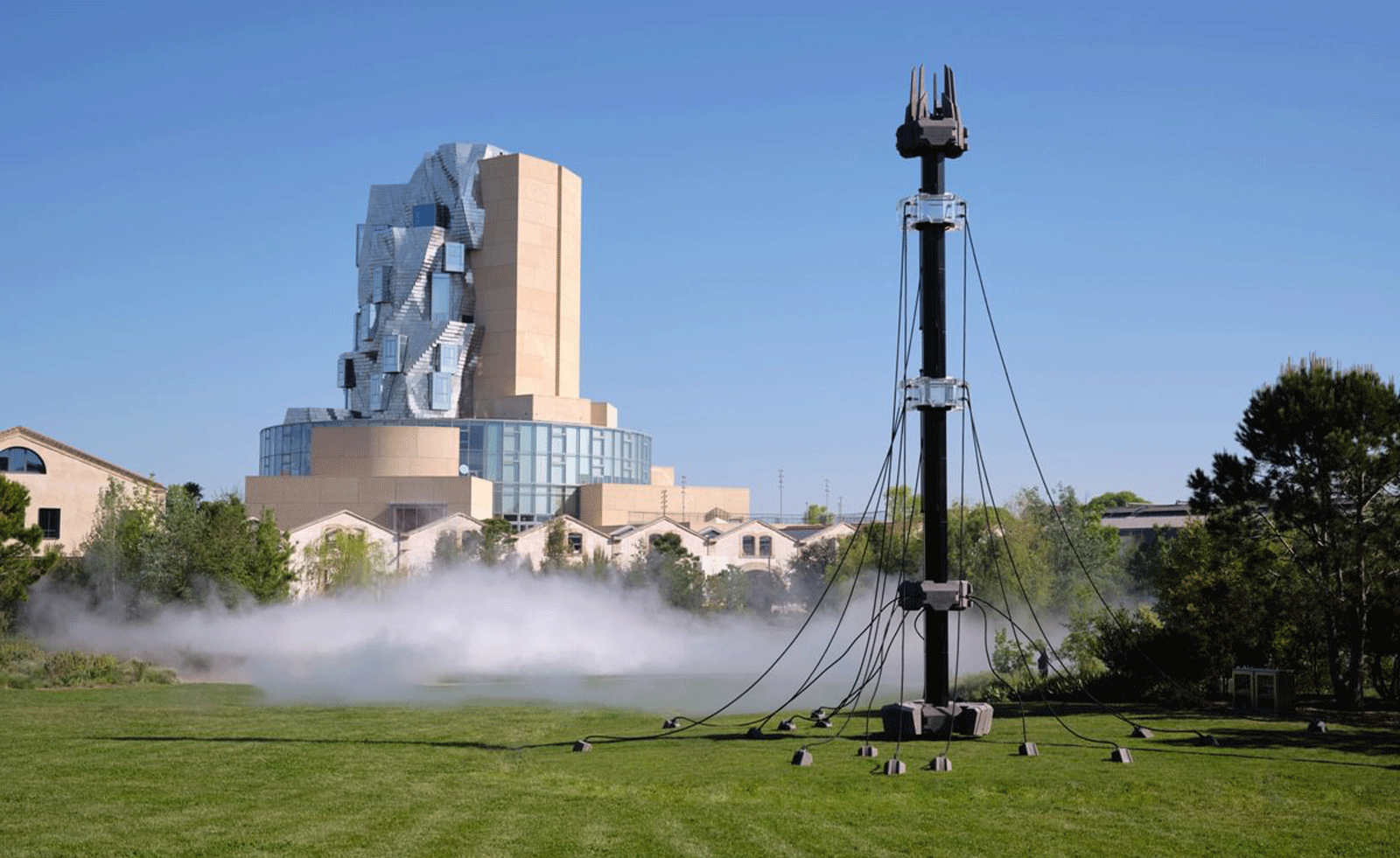 Technology, art and sculptures of fog: LUMA Arles kicks off the 2025/26 season
Technology, art and sculptures of fog: LUMA Arles kicks off the 2025/26 seasonThree different exhibitions at LUMA Arles, in France, delve into history in a celebration of all mediums; Amy Serafin went to explore
-
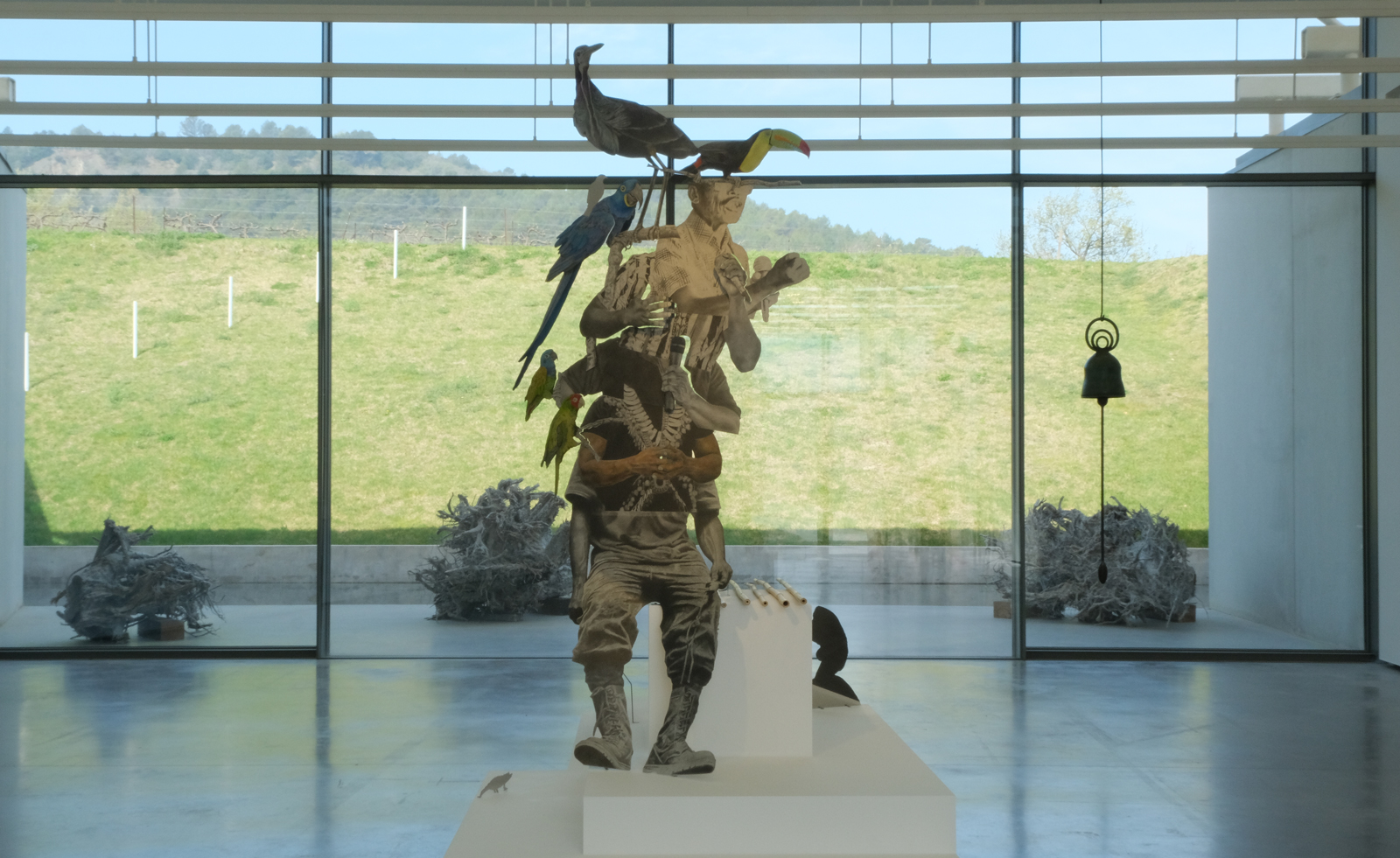 Contemporary artist collective Poush takes over Château La Coste
Contemporary artist collective Poush takes over Château La CosteMembers of Poush have created 160 works, set in and around the grounds of Château La Coste – the art, architecture and wine estate in Provence